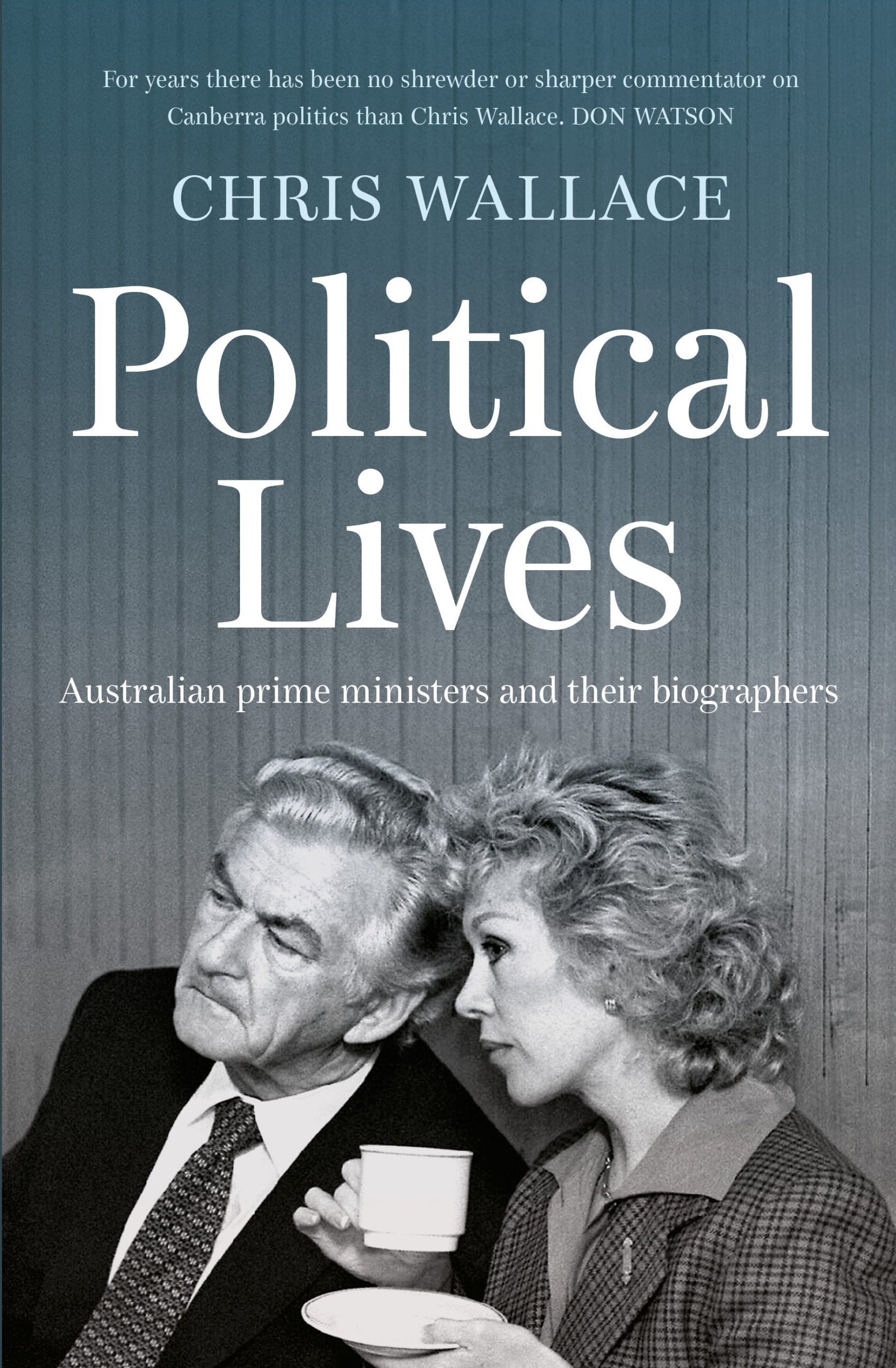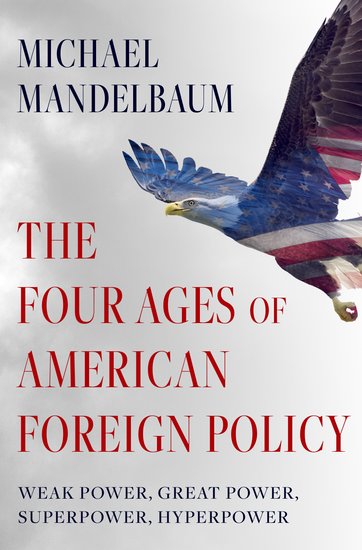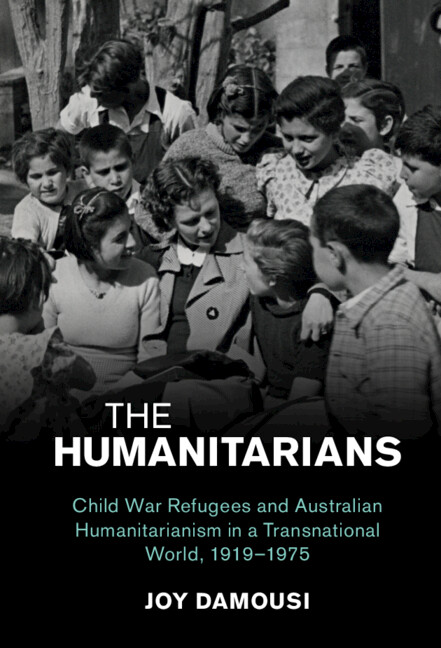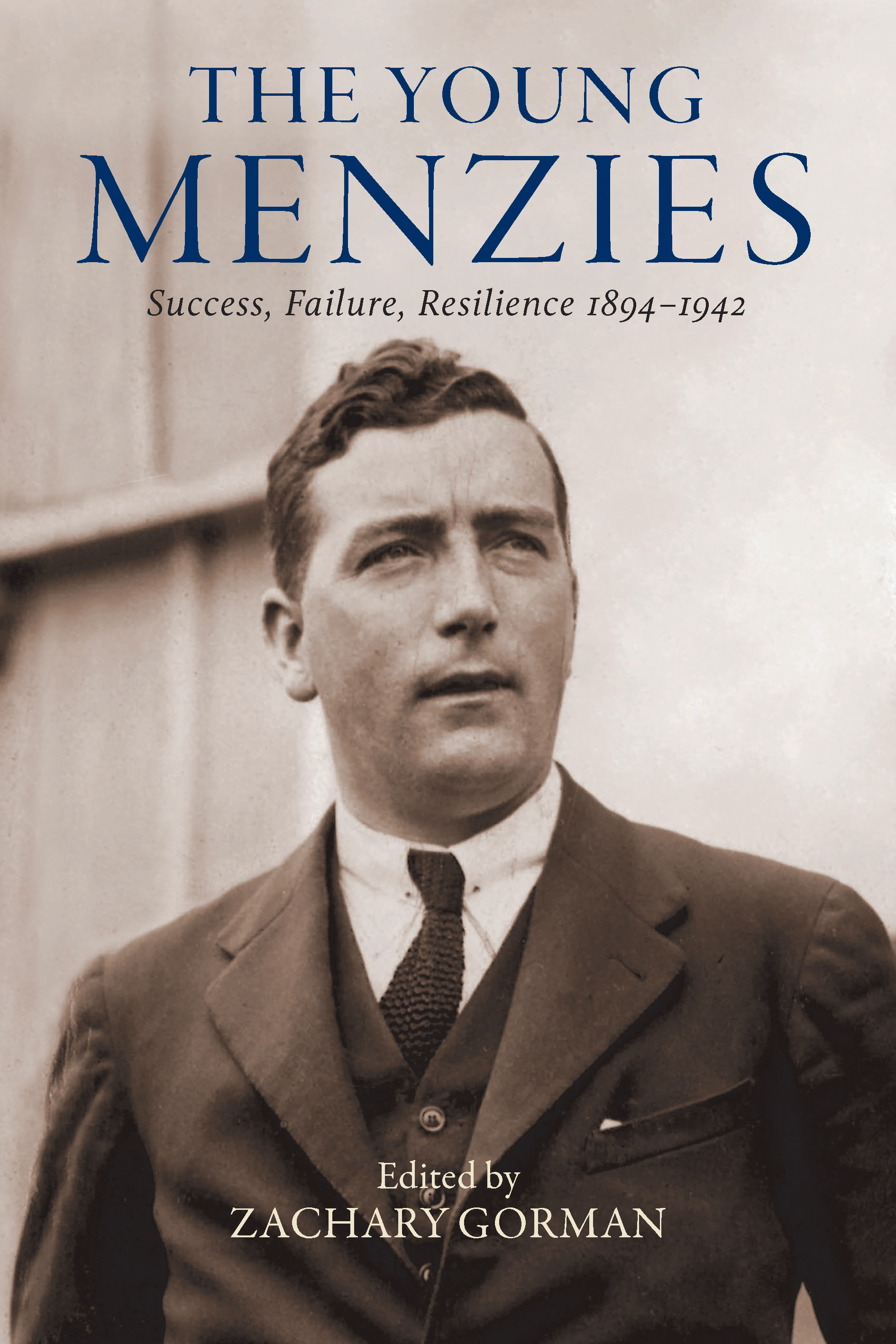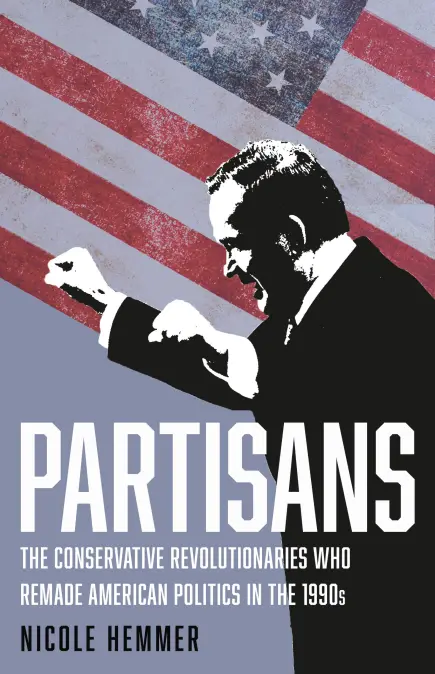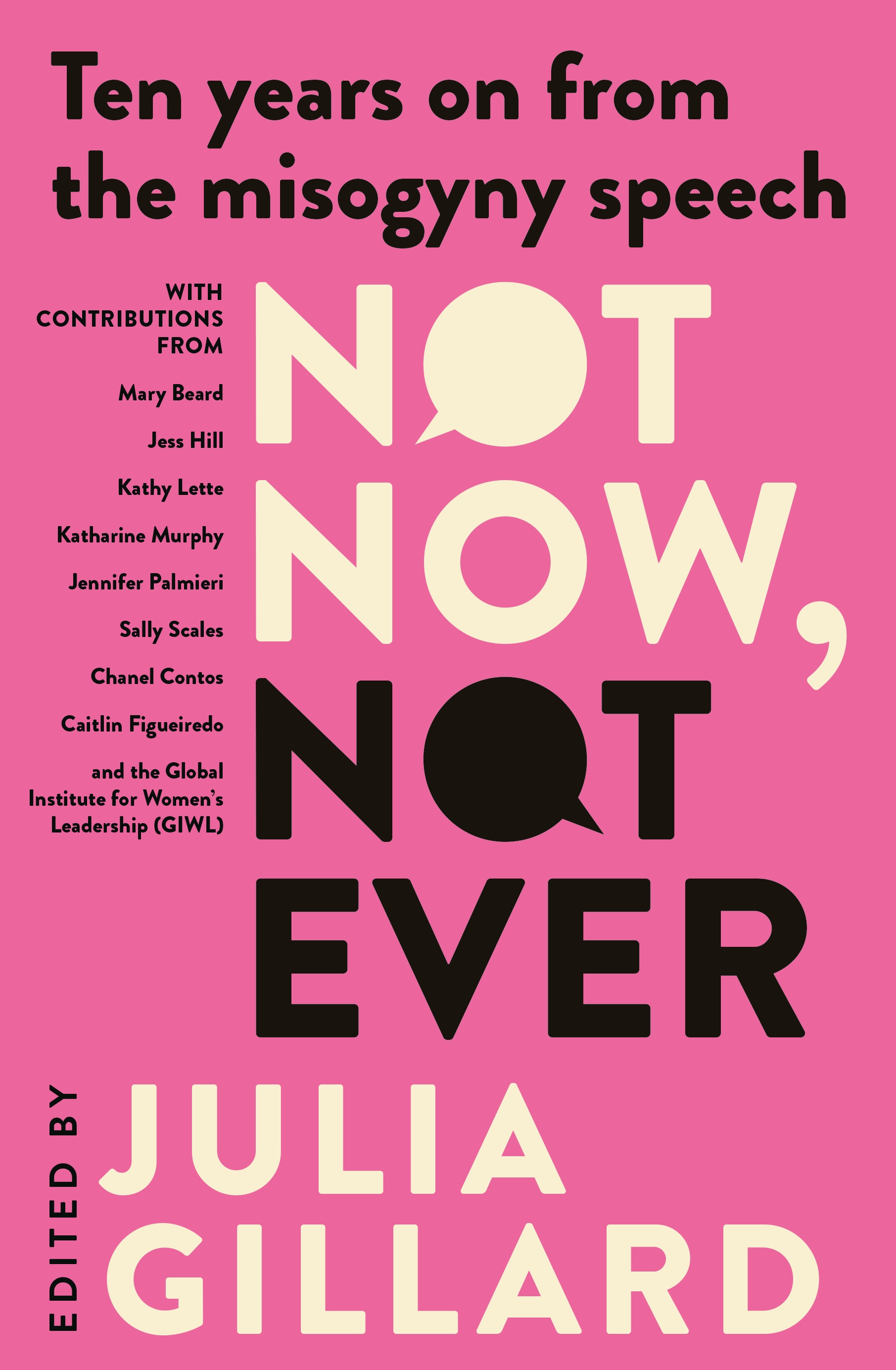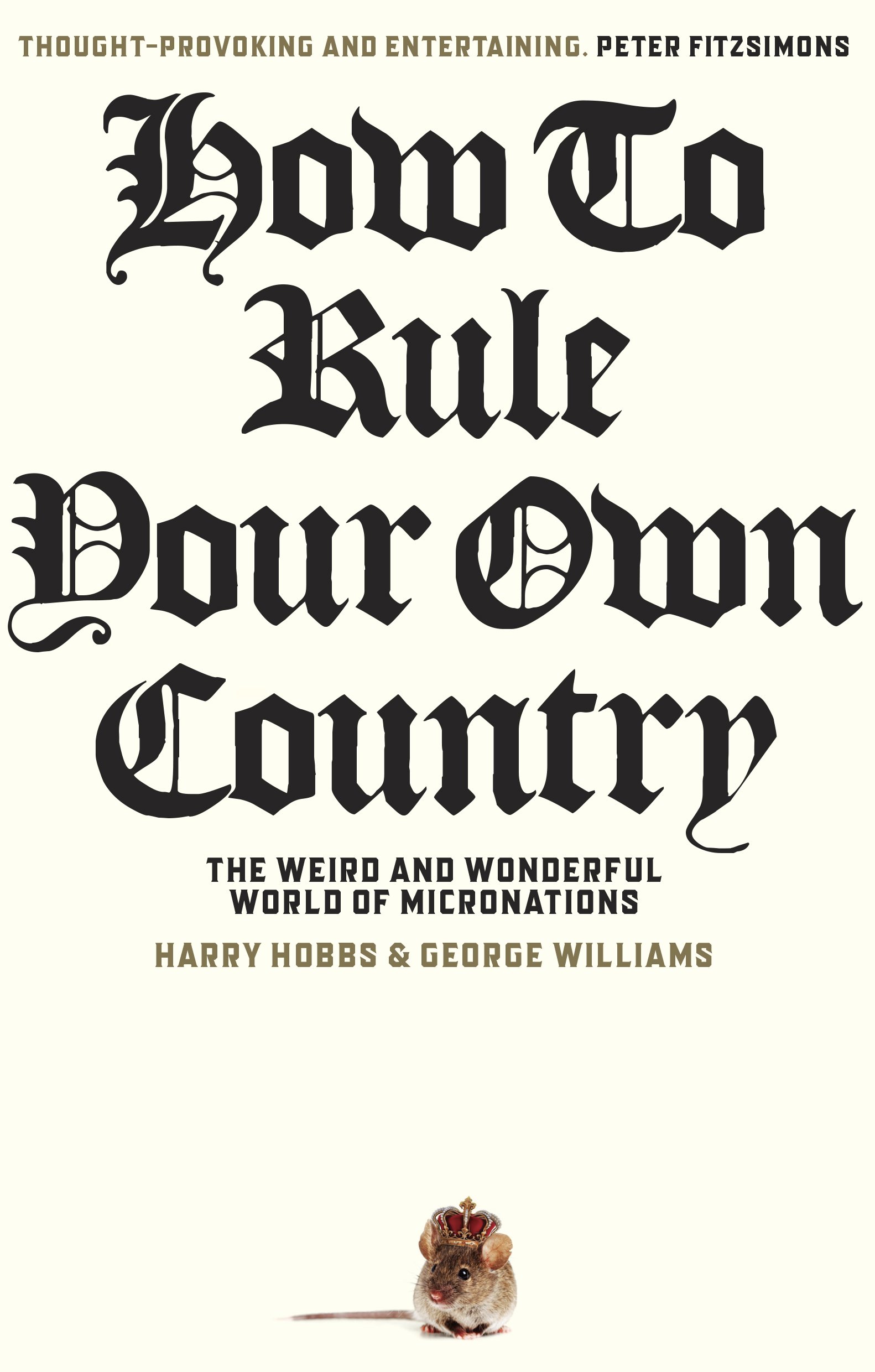Politics
Political Lives: Australian prime ministers and their biographers by Chris Wallace
We live in an age of leader- and media-centric politics. There is a name and a personality attached to every significant political initiative, and chief among them are prime ministers and premiers. Political junkies will be familiar with the torrent of ‘leader’ profiles generated by the press and well versed in identifying implicit bias. Yet we constitute a ready market for biographies of current (and perhaps rising) stars, and journalists are often first to seize the opportunity to write ‘the first draft of history’. How well do we understand the genre and its effects?
... (read more)The Four Ages of American Foreign Policy: Weak power, great power, superpower, hyperpower by Michael Mandelbaum
Michael Mandelbaum’s book The Four Ages of American Foreign Policy is intended as another instalment, the author argues (quoting Pieter Geyl), in history’s ‘argument without end’. Historians of US foreign policy have long been engaged in their own particular argument – mostly, a competition over naming rights. In the most prestigious instalments – and Mandelbaum’s contribution is certainly one of those – the argument is not so much over the substance of history, but over its categorisation.
... (read more)Nearly fifty years ago, when President Lyndon Johnson decided to begin scaling down Washington’s disastrous war in Vietnam, the Australian Minister for the Air, Peter Howson, confided to his diary that ‘to my mind it’s the first step of the Americans moving out of Southeast Asia and … within a few years, there’ll be no white faces on the Asian mainland’.
... (read more)The Humanitarians: Child war refugees and Australian humanitarianism in a transnational world, 1919–1975 by Joy Damousi
Professor Joy Damousi was the ARC Kathleen Fitzpatrick Laureate Fellow at the University of Melbourne between 2014 and 2019. The ARC Fellowship made possible the scale of the now published book, enabling research not only in Australia but also the United States, Britain, and Europe. The book evidences the potential of richly funded historical research.
... (read more)The Young Menzies: Success, failure, resilience 1894–1942 edited by Zachary Gorman
Robert Menzies retired as prime minister more than fifty-three years ago and died in 1978, yet he remains not just a dominant figure in Australian political history but a strong influence on modern political affairs. As Zachary Gorman, editor of this latest book on Menzies, argues, ‘it has become almost a cliché to say that he built or at least shaped and moulded modern Australia’. He created the Liberal Party that has governed Australia for fifty of the past seventy-three years, and modern Liberal politicians still draw on Menzies’ ideals.
... (read more)Zelensky by Serhii Rudenko & A Message from Ukraine by Volodymyr Zelensky
It has been a long time since the West had a hero like Volodymyr Zelensky, who is frequently ranked alongside Winston Churchill as a wartime leader and orator, Mikhail Gorbachev as a reformer, and Emmanuel Macron as a political disruptor. However deserved these comparisons may be, they deflect attention from the murky post-Soviet environment which shaped his career. The collapse of the region’s communist economy has left a legacy of corruption which, together with the deep intertwining of Ukrainian and Russian society, means that Zelensky’s case is not as clear-cut as it may seem to outsiders.
... (read more)Syria Betrayed: Atrocities, war, and the failure of international diplomacy by Alex J. Bellamy
As the war in Syria enters its second decade, the human scale of the catastrophe is difficult to comprehend. Shocked by the security service’s torture of children who had graffitied the words ‘Down with the regime’ on a wall in the city of Daraa in 2011, nationwide demonstrations rose up against Bashar al-Assad’s tyrannical government. When I ask my now-exiled Syrian colleagues what life was like under the Assad family, they struggle for historical parallels before agreeing that, for them, it resembled Stalin’s Soviet Union and North Korea (a regime the current president’s father, Hafez Al-Assad, looked to for inspiration).
... (read more)Partisans: The conservative revolutionaries who remade American politics in the 1990s by Nicole Hemmer
Beginning just as the Cold War finally came to an end, the 1990s were supposed to bring peace, prosperity, and optimism to the United States. Thinking about all that has happened since – the 9/11 attacks, interminable wars in Afghanistan and Iraq, the global financial crisis, violent unrest and democratic institutions under threat – it is tempting to look back on the decade as a short-lived golden age. But there has been a growing recognition among scholars and commentators that the roots of America’s contemporary woes can be found in the dark undercurrents of the fin de siècle. Strong economic growth and rapid technological advances had masked growing discontent and rage about inequality, immigration, and globalisation.
... (read more)Not Now, Not Ever edited by Julia Gillard & How Many More Women? by Jennifer Robinson and Keina Yoshida
There is more that connects these two books than their bright pink covers – they both highlight a recasting of the patriarchal architecture of power as central to achieving gender equality. How Many More Women? and Not Now, Not Ever tell an uncomplimentary but complementary story of parliament, the executive, the courts, the media, universities, and business as components of a repressive world ‘tend[ing] to oppress and discriminate against women and girls’, while also enchaining men whose values and norms have moved beyond those of the patriarchy.
... (read more)How to Rule Your Own Country: The weird and wonderful world of micronations by Harry Hobbs and George Williams
There was a moment there, in the opening chapter of How to Rule Your Own Country: The weird and wonderful world of micronations, when I thought I was about to undertake an improving academic tour. The authors, Harry Hobbs and George Williams, are after all both legal academics. That first chapter has sections with earnest headings such as ‘What is a micronation?’ and ‘Why do people set up micronations?’. There are seemingly well-chosen quotations from experts, and a careful weighing up of definitions and opinions.
... (read more)

